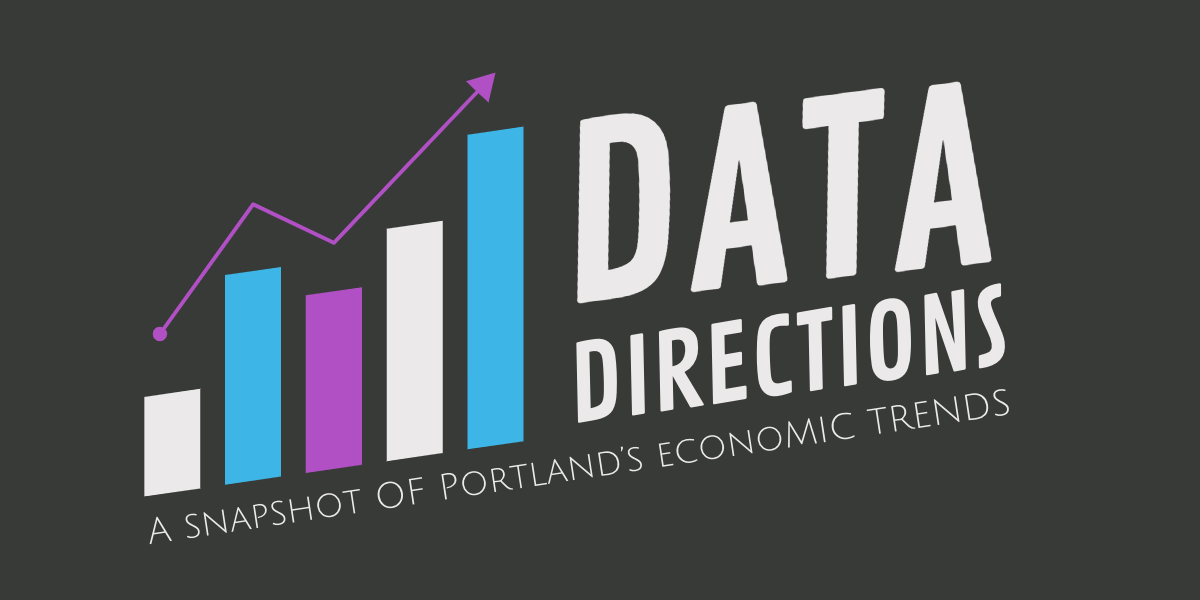October 2023
In 2021 the Portland poverty rate was 12.0%, essentially unchanged from the pre-Covid rate of 12.3% in 2019. This represents a decrease by 3,186 of Portlanders living in poverty. Historically, Portland has suffered high poverty rates during times of recession. In 2011, during the worst of the Great Recession, the poverty rate in Portland reached a high of 19.9%. The 2020 pandemic’s mild effect on the poverty rate is likely the result of the federal government expansion of unemployment benefits and rental assistance, direct checks to lower income individuals, and other programs designed to mitigate the economic effects of the pandemic.
The City of Portland poverty rate of 12% is close to the poverty rates of most comparable cities with rates between 11% and 13%. However, three major US cities have poverty rates that are noticeably higher than the city of Portland: Boston at 18.7%, Atlanta at 17.9% and Minneapolis at 15%.
Poverty Rate by City, 2021
While Portland’s poverty rate of 12.0% is not significantly different from the US poverty rate of 12.8%, poverty rates vary widely within the city of Portland. In East Portland, the rate is 14.6%, and the child poverty rate is even higher at 15.7%. In West Portland, the rate is 9.9%, and the child poverty rate of 6.2% is less than half the rate in East Portland. Specific Portland neighborhoods see concentrations of poverty of 20% or greater, and child poverty rates of 30% or more. Generally, areas with a high proportion of people experiencing poverty are in downtown Portland, East Portland, and North Portland.
White and BIPOC Poverty Rate, 2021
The BIPOC poverty rate in the city of Portland is 16.3%, noticeably higher than the 9.9% rate for white, non-Hispanic Portland residents. However, that poverty gap of 6.4% is lower than in most comparable cities. Oakland, Minneapolis, Boston and Atlanta all have BIPOC poverty gaps of more than 10 percentage points.
Reducing poverty requires intentional efforts and networked activities, including access to high quality employment opportunities and related skills development, connections to employers and growing businesses.
Accordingly, Prosper Portland is committed to supporting programs and practices with integrated approaches and holistic solutions to growing employment opportunities. To achieve this, Prosper Portland works with strong partner organizations like Worksystems and Greater Portland Inc as well as the city’s target industry coalitions. These partnerships provide critical job trainings through skill-building, job search assistance and placements, and career plan development. Through the partnership with Worksystems, more than 1,200 adults and youth have participated in workforce development programs in the past year. Connecting low-income Portlanders with these critical job skills can increase access to economic opportunity and help reduce the impacts of poverty.
These workforce development programs are wide-ranging, targeting both youth and adult populations. Programs include: interview and job search skills, occupational certification, pre-apprenticeship programs, and internships. Many of these programs are designed to provide assistance to people with specific challenges that make access to employment difficult.
